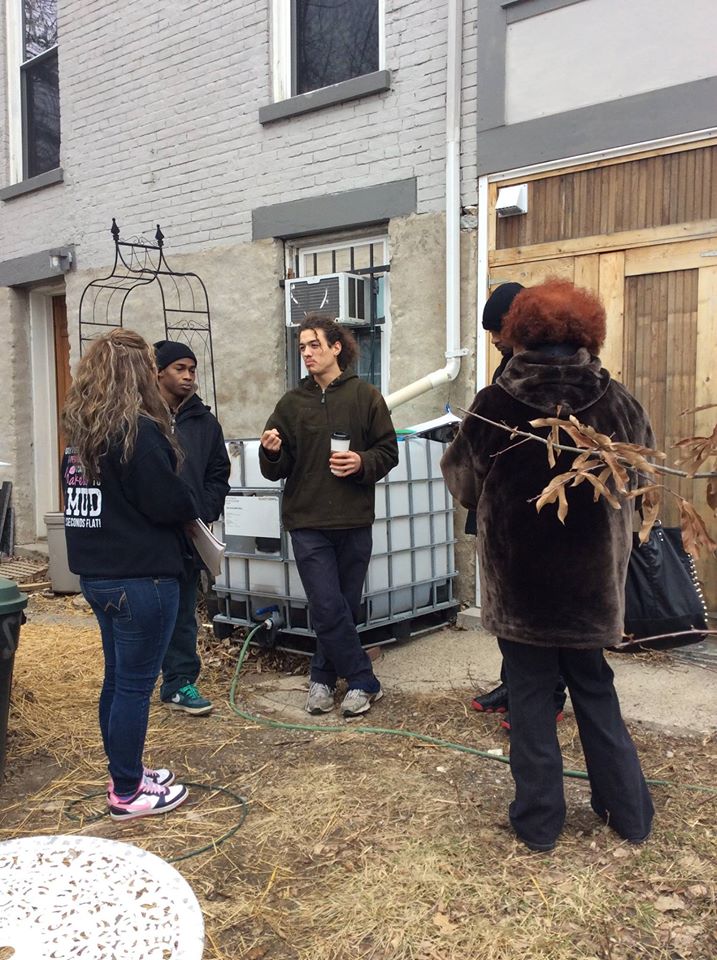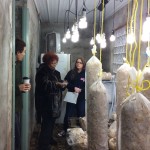Probasco Urban Farm is bringing gourmet mushrooms to restaurants, grocery stores, and farmers markets across the city. The operation is running out of a facility on the edge of Camp Washington and Fairview at 2335 W. McMicken Avenue.
The business, owned by Alan Susarret, was first set up in spring 2013. Ater extended trials Susarret says that he has been able to keep a steady business since this past winter. Technically, though, his mushrooms have been out in the market since fall 2012.
To get things going, he said that he forged partnerships with locally owned businesses like The Littlefield, Quarter Bistro, La Poste, Fond Deli, and Madison’s Grocery.
“Currently I’m supplying Northside Farmer’s Market, Hyde Park Farmer’s Market, and Nectar Restaurant,” Susarret said, “I am also supplying two dozen of Probasco Urban Farm’s own Season Share Members.”
While urban farming has been consistently growing in popularity, it is still in its infancy in Cincinnati. In their case, they grow the mushrooms from long bags that are suspended from the ceiling under fluorescent lights. The floor is covered by wet rocks to keep the area moist and it all gets sprayed down with ordinary water once a day.
Susarret says that they put sawdust and mycelium in the bags to make the mushrooms pop out reaching for fresh air. He says that the mushrooms are even part of the mycelium used in order to spread its spores into new territories.
To keep things natural Probasco Urban Farm rotates materials through quickly and gets a few big crops over shorter periods of time. This allows them to avoid using pesticides; and it’s a way to keep bugs away and ensure lots of fresh air is moving around the mushrooms.
“My current focus is to produce mushroom species that grow quickly and need less initial investment,” Susarret explained. “Though future plans are to grow Shiitake, nearly exclusively, and supply more restaurants and local CSA’s.”
His vision does not end there. Susarret says that he also hopes his business helps to increase the offerings of locally grown food and food sharing systems, like Our Harvest and Urban Greens, starting to take root in the region. The thought is that if more people are getting their food from small businesses, it will have a longer-lasting impact and connection for those buying and supplying the food.
The thought that grocers carry a specific selection of produce that is readily available seven days a week, and has its price heavily influenced by all sorts of things outside of the consumer’s control – fuel costs, freight logistics, union contracts, weather in another city – is something that disturbs Susarret.
“Being a gardener, I know intuitively that there is something special about the basil that you grew on your windowsill and picked yourself,” he explained. “People do care about food; and if I can make a contribution to Cincinnati’s larger food scene, CSA’s, and all the new options out there, then I’m giving something to an interesting and unique culture that we’ve created here.”
Susarret will be teaching a free workshop on ways to grow mushrooms in home gardens at Sayler Park Sustains Festival on June 13. And for those interested, they are also the ones with goats roaming the hillside.


